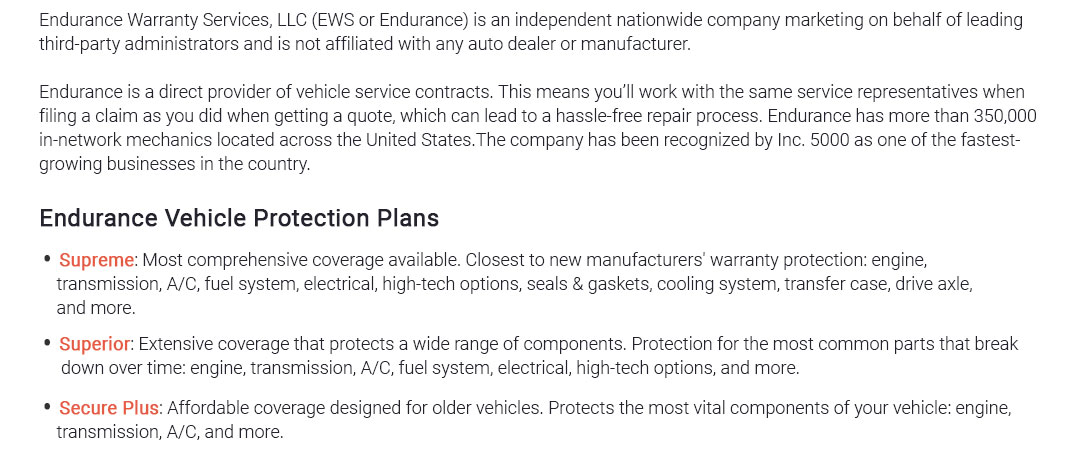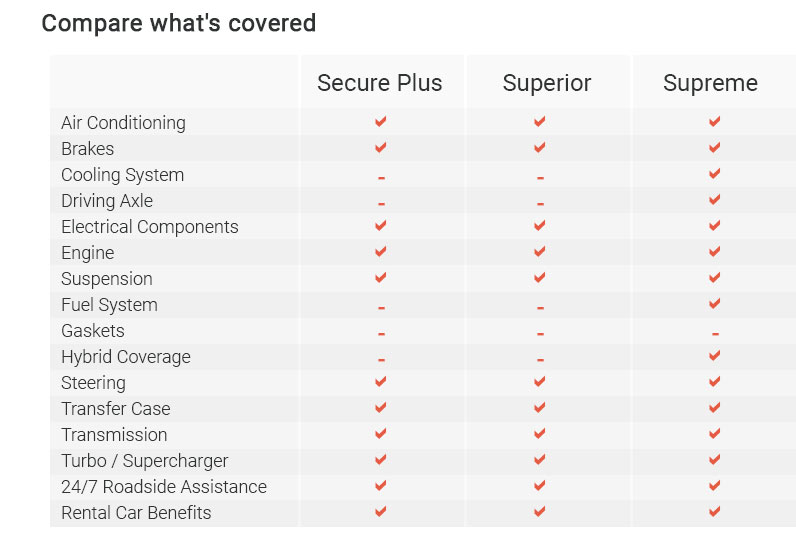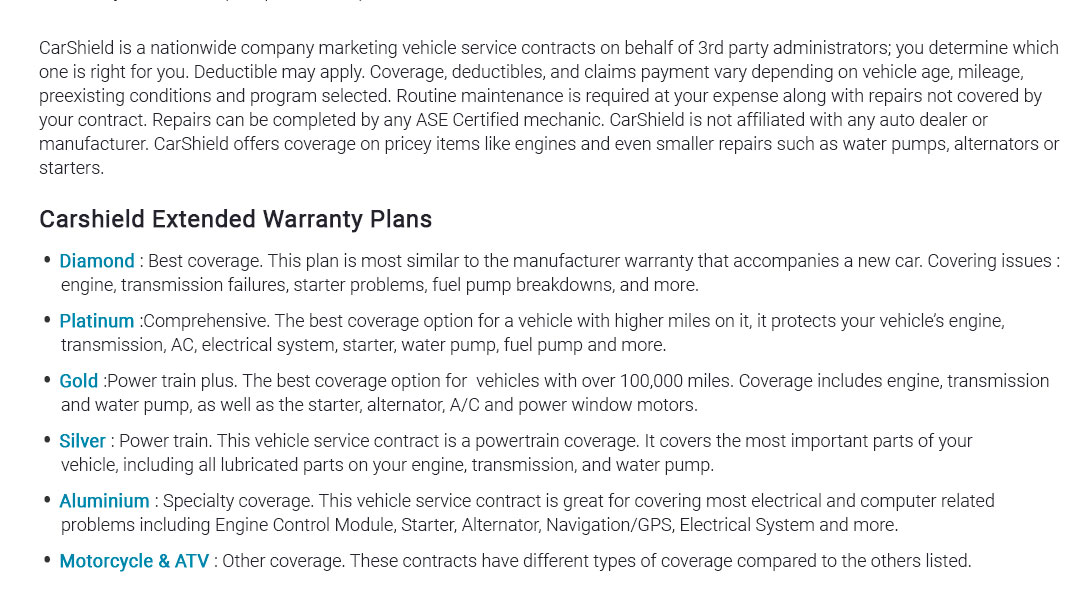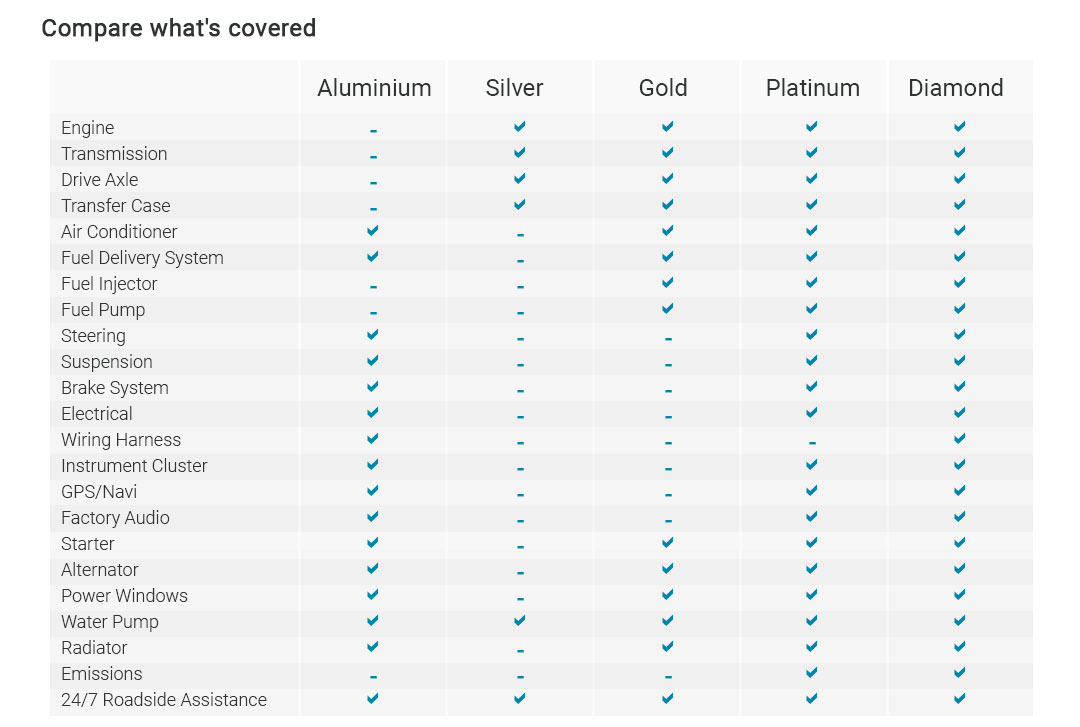 |
 |
 |
 |
 |
 |
 |
 |
 |
 |
|||
 |
 |
|||
 |
 |
|||
 |
 |
|
|||||||
 |
|||||||
 |
|||||||
 |
|||||||
 |
|||||||
|
|||||||
|
||||||
 |
||||||
 |
||||||
 |
||||||
|
 |
 |
 |
 |
 |
 |
 |
|||
 |
 |
|||
 |
 |
Exploring the Intricacies of Extended Warranty Service PlansIn a world where consumer electronics, appliances, and even vehicles have become essential parts of our daily lives, the idea of safeguarding these investments is gaining significant traction. Enter the realm of extended warranty service plans, a concept that might seem straightforward at first glance but unfolds into a tapestry of intriguing details upon closer inspection. Designed to offer peace of mind beyond the standard manufacturer's warranty, these plans can be seen as both a financial cushion and a point of contention among consumers. At the heart of an extended warranty is the promise of protection. When a product's original warranty expires, these service plans step in, covering repairs, replacements, or maintenance for a specified duration. However, the effectiveness of these plans largely depends on the specific terms and conditions they come with. It's crucial for buyers to dive into the fine print, understanding what is covered and, equally important, what isn't. Some plans might cover accidental damage, while others strictly limit coverage to manufacturing defects, leaving a grey area that can surprise the uninformed. From a consumer's perspective, one might ask, 'Is it worth it?' The answer is rarely black and white. For some, the allure of not having to worry about unforeseen repair costs is invaluable. For others, especially those with a DIY spirit or a knack for troubleshooting, the cost of an extended warranty might seem like an unnecessary expenditure. It becomes a game of weighing the potential benefits against the upfront cost.
Retailers and manufacturers have also found a lucrative opportunity in selling these plans. It's not uncommon for sales associates to pitch extended warranties at the point of sale, often with an emphasis on the potential savings in case of product failure. This sales strategy plays into the customer's fear of future expenses, sometimes overshadowing rational decision-making. Yet, it's worth noting that extended warranties can indeed be a boon for certain high-risk purchases, such as used cars or refurbished electronics, where the likelihood of issues might be higher. In conclusion, extended warranty service plans occupy a unique space in the consumer market, one that is as much about psychological comfort as it is about financial security. Their value is subjective, influenced by the product in question, the user's habits, and their personal comfort with risk. As with any financial decision, the key lies in conducting thorough research and understanding one's own needs and preferences. Only then can a consumer truly decide whether an extended warranty is a prudent investment or an avoidable expense. https://www.progressive.com/auto/insurance-coverages/vehicle-protection-plan/
More than your typical car insurance policy or extended warranty, a vehicle protection plan steps in to cover those car repairs that seem to pop up after your ... https://www.marketwatch.com/insurance-services/car-warranty/best-extended-car-warranty/
Extended car warranties cover your vehicle in the event of a mechanical breakdown and help make car repair costs more predictable, but they're ... https://cluballiance.aaa.com/automotive/vehicle-warranty
The AAA Vehicle Protection Plan is a vehicle service contract program administered by Axiom Product Administration Inc., 1 Progress Point Parkway, Suite 101, O' ...
|
















